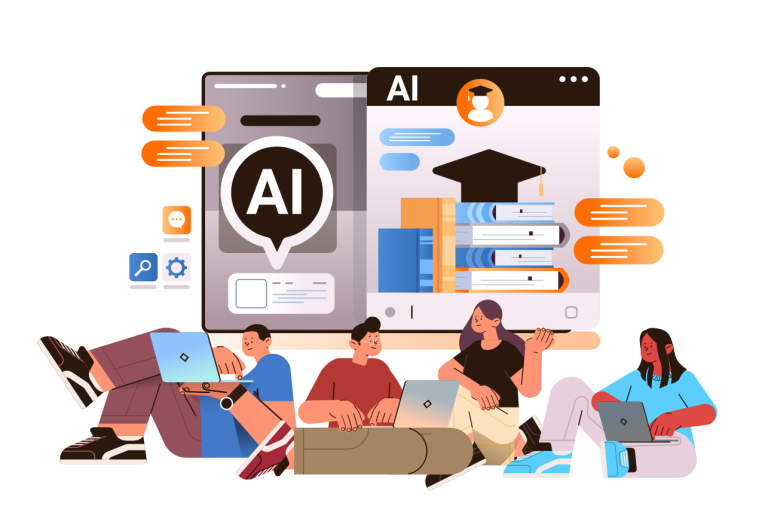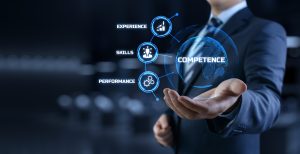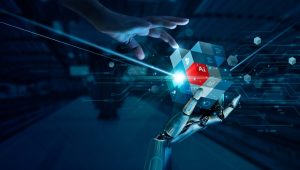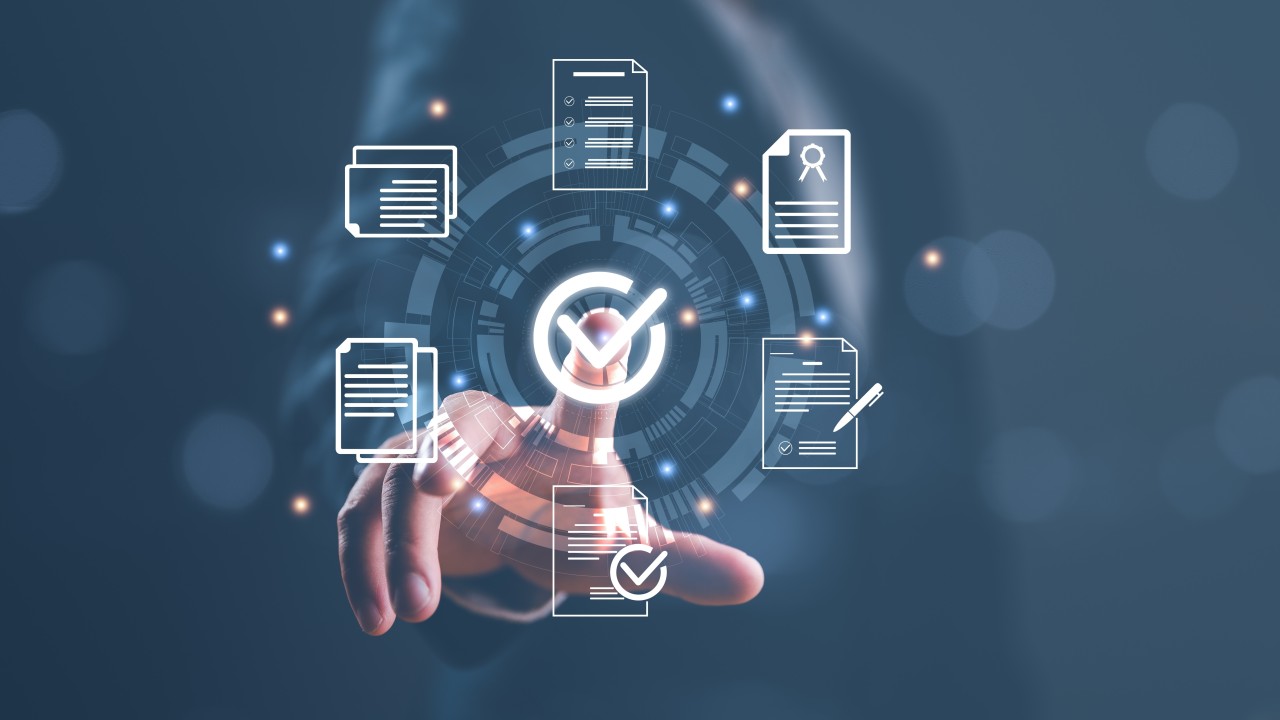
Navigating Ethical Concerns in AI and Education
Competency Weaver Français Navigating Ethical Concerns in AI and Education As AI makes a powerful entrance into the world of education, it’s crucial to tackle the ethical concerns it raises. Join us in navigating these challenges to foster a fair and inclusive educational landscape. Read our article latest article. Updated on: November 17, 2025 ; By:









